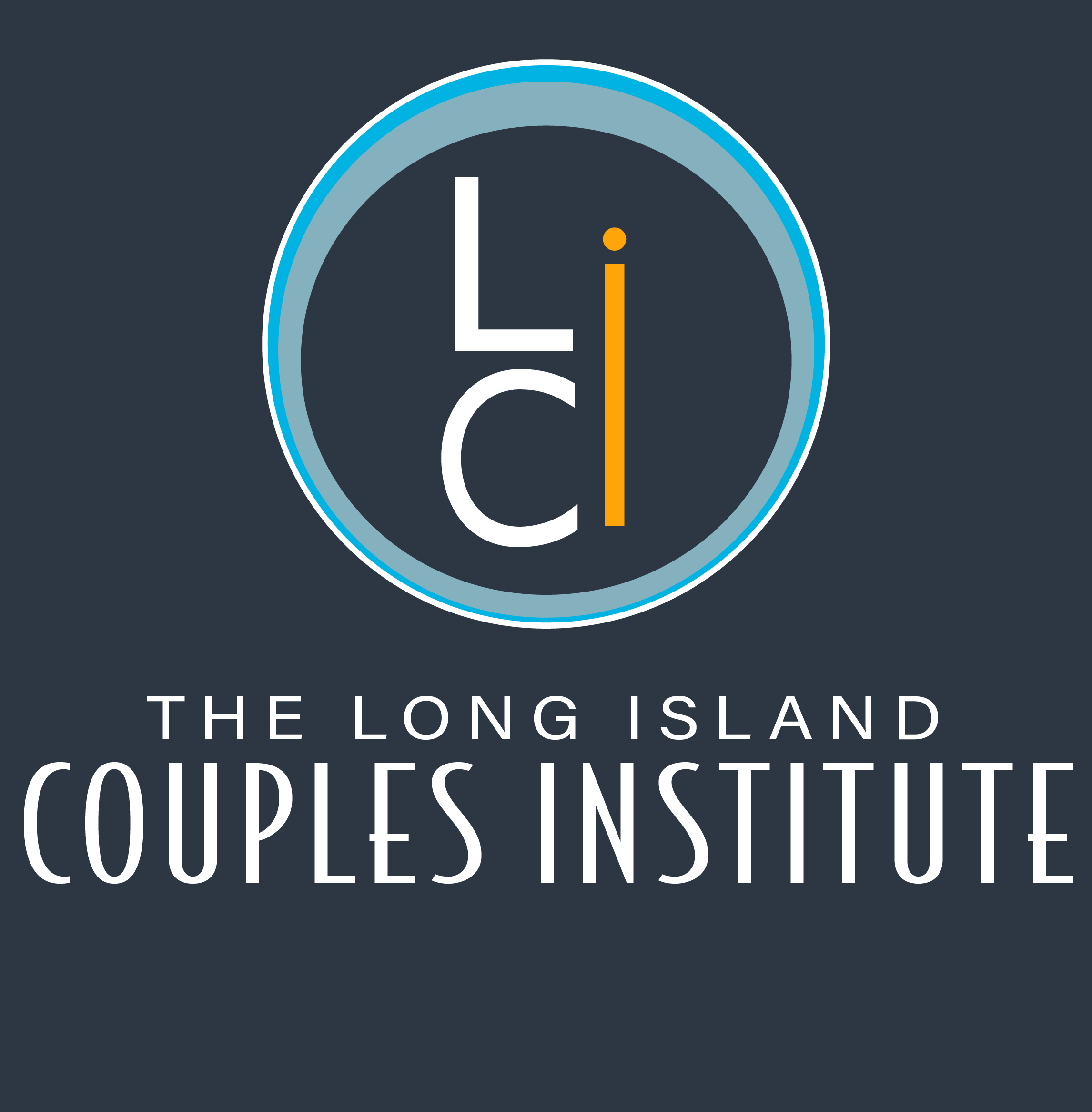Now providing both in-office sessions and online HIPAA compliant teletherapy via ZOOM.


Is Dr. Gottman really able to predict whether a couple will get divorced with 94% accuracy?
Altogether, Dr. Gottman has completed seven studies that explored what predicts divorce. These studies included three groups: 1) couples that divorced 2) couples that stayed together and were happy and 3) couples that stayed together and were unhappy. Dr. Gottman’s research helped him identify specific behavior patterns in couples that he later termed the “Masters” and “Disasters” of relationships.
Six of the seven studies have been predictive—each began with a hypothesis about factors leading to divorce. Based on these factors, Dr. Gottman predicted who would divorce, then followed the couples for a pre-determined length of time. Finally, he drew conclusions about the accuracy of his predictions. He has also consistently evaluated other theoretical models that might predict differently and reported the results of these analyses (e.g., Gottman & Levenson, 2002). This is true prediction. Prior to his six prediction studies, Dr. Gottman did an initial post-hoc analyses study back in 1980 to help him determine what factors were useful in predicting divorce.
How statistically significant is it that Dr. Gottman can predict divorce with such a high rate of accuracy?
What are the negative behavior patterns that can predict divorce?
- Criticism: stating one’s complaints as a defect in one’s partner’s personality, i.e., giving the partner negative trait attributions. Example: “You always talk about yourself. You are so selfish.”
- Contempt: statements that come from a relative position of superiority. Contempt is the greatest predictor of divorce and must be eliminated. Example: “You’re an idiot.”
- Defensiveness: self-protection in the form of righteous indignation or innocent victim-hood. Defensiveness wards off a perceived attack. Example: “It’s not my fault that we’re always late; it’s your fault.”
- Stonewalling: emotional withdrawal from interaction. Example: The listener does not give the speaker the usual nonverbal signals that the listener is “tracking” the speaker.
These predict early divorcing – an average of 5.6 years after the wedding. Emotional withdrawal and anger predict later divorcing – an average of 16.2 years after the wedding.
What's behind our success?
What research methods does Dr. Gottman use to study couples?
- Interactive behavior (Coding partners’ behavior and emotions as couples interact in various contexts)
- Perception (Self assessment through questionnaires, video recall, attributional methods and interviews)
- Physiology (Measuring autonomic and endocrine systems)
- Interviews (Oral history, meta-emotion, attunement)
- New questionnaires.

